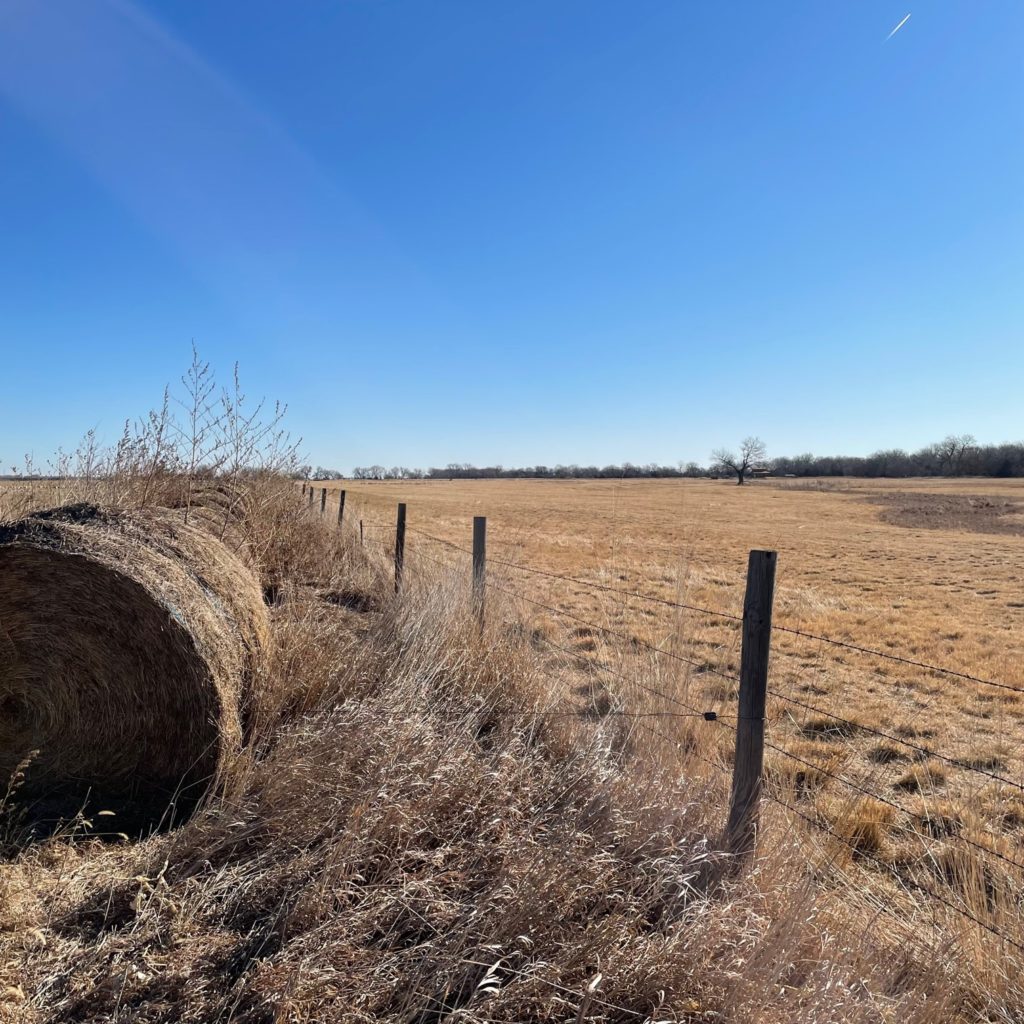I left my home of almost ten years in Washington, D.C. last year to move “home.” I loaded all my worldly possessions into a truck and chose to begin again. In riding the waves of emotions in responding to this call to home, I was – sometimes simultaneously – excited, triumphant, daunted, sad, terrified, overwhelmed, peaceful. It made me more conscious of all the ways that I have been taught to resist change, as well as reading Octavia E. Butler’s Earthseed series, Parable of the Sower and Parable of the Talents, last year.

I left home, Nebraska that is, for good (I thought) at age 21. And since then, home had become a place I held in contempt as much as I romanticized it. As much as I have changed, I know that it has changed too. I needed to be as far away from possible from the abuse in my family of origin. That’s why leaving home was not so much for me a matter of “exploring the world” or of “making my mark” but for the purposes of survival.
What’s clear for me right now is that our planet’s survival is dependent on seeing the places we live – and that we don’t – as home. COVID-19 and the climate crisis are asking me to move towards everything that home offers.
For me, home offers proximity to family (both healthy and unhealthy ties), a shared culture and a sense of belonging (even if expectations and worldviews are outdated), a lower cost of living, more space and ease of movement, and a renewed promise of possibility. I uprooted my life last year because I believe home has more lessons to teach me, particularly about navigating change. I uprooted my life because after talking about the need for responsiveness to local communities in our sector for a couple of decades, I deeply want to be “local” somewhere myself again.
As I navigated this 1000+ mile journey to the middle of the United States, I thought more about how all of us in the international aid and philanthropy sector are moving. With my trusted colleagues, I’m always strategizing about how we can move more unrestricted money in more disbursed ways than ever before, and it seems the needs to do so are more acute than ever. Liquidity is what’s most needed in a crisis, so can we let the money flow?
Can our work be externally oriented to fighting for the rights of all people and beings to the dignity of a good life rather than internal organizational politics?
Can we redefine that work as moving the resources that we have fast and without strings to where it’s needed most?
Beyond moving money, how can we build the trust and ways of being together needed for that flow to occur more naturally, with less effort, time, energy, and frustration?
The roots of this sector were formed for people like me in rich countries to respond to crises in which they were not directly impacted. (Though, they were certainly implicated.) Now amidst this global pandemic and amidst a pained earth and warring nation states, we are undeniably part of these crises.
Now back at home in Nebraska, and still finding my feet in many ways, I leave you with these questions:
What places and spaces are you devoted to – where you feel connected and supported, where it’s easy to flow?
What needs to move for you to feel more at home wherever you are?
***
Related Posts
The Case of the Missing Tomato Cages
From one Cornhusker to another: Peter Buffett, philanthropy, and how we can frame the dialogue
“When sorrow comes” by A. Powell Davies


Beautiful Jennifer and deep questions for non-profit boards. Thank you
I can relate to so much in here – the running away, the pull to home, the fear that life is a circle, and the fear that life is not a circle. Pause.
I am contemplating a similar move away from DC and away from international work- and towards a place I can be “local” (great writing there!)- now that I can see the end of my PhD program in the near-ish future. It feels daunting, but I’m excited by it.
I hope you are well!
This is beautifully written, Jennifer. I left formal aid work a decade ago to respond to a call to go home. I grew up an expat and had always relied on visas. I went back to my childhood home but so much had changed after more than a decade away. I’ve since returned to my country of origin, no visa required but no memories of home. 40 years of my life spent overseas and now a new life trying to reconfigure what home actually is. The closest definition I have found is being close to loved ones, and finding a place where we feel a sense of belonging and purpose.